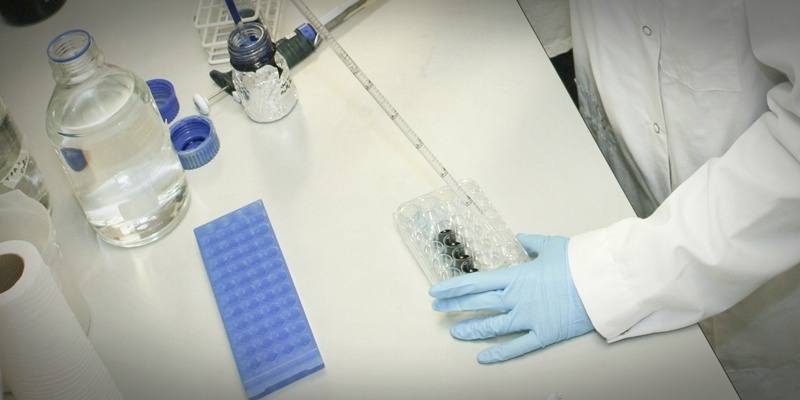Dundee University is to lead a network dedicated to developing new drugs.
Its drug discovery unit has been given a £200,000 grant to help it build links with a range of drug and chemistry groups across the UK.
They will collaborate on a project involving 3D fragment libraries collections of small molecules that are increasingly important in designing drugs to provide new treatments for diseases.
Prof Ian Gilbert, from the unit, said, “This award will allow us to build a unique consortium, with engagement of the major UK not-for-profit drug discovery groups in combination with excellent synthetic and computational chemistry groups in UK universities.
“This network grant gives us the opportunity to develop this consortium and actively seek further members and interactions. Fragment-based drug discovery is an emerging area and one in which the UK as a whole is playing a leading role.
“This network of research groups will help us maintain our position on a global stage.”
The drug discovery unit was set up in 2006 to increase the capacity for early-stage drug discovery in the academic sector. Its aim is to translate basic science into chemical compounds that might be useful as drugs or help to investigate how diseases work in the body.
Dundee University will be joined in the new network by the cancer specialists of the drug discovery programme at the Beatson Institute in Glasgow and academics in Oxford, Cambridge and London.
